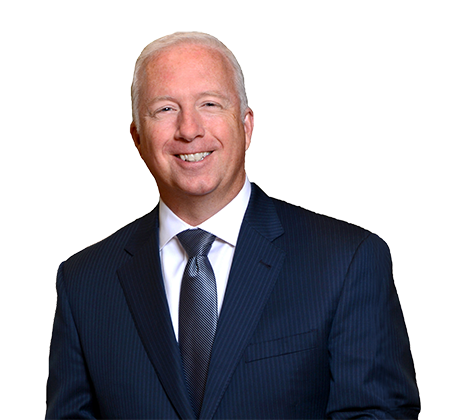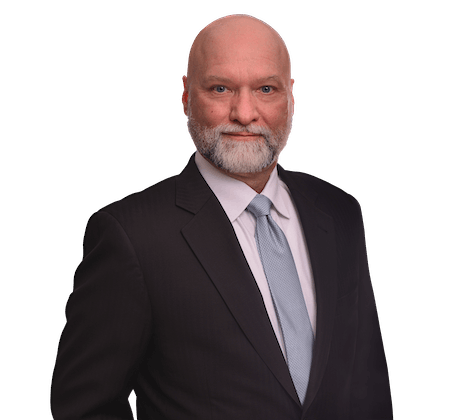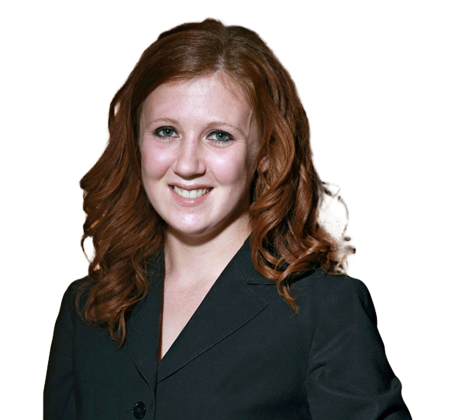Last week,
we obtained a significant victory for the insurer in Uvino v. Harleysville
Worcester Insurance Company, --- Fed. Appx. ---, 2017 WL 4127538 (2nd Cir.,
Sept. 19, 2017). In this decision, the United States Court of Appeals for the
Second Circuit addressed the burden of proof in allocating damages between
claims which are and are not covered under the insurer’s policy. The decision
teaches important lessons as to how an insurance company should handle
underlying cases involving both covered and uncovered damages, and provides
authority for the proposition that a carrier should seek to intervene in
underlying cases in appropriate circumstances.
Specifically,
the Second Circuit affirmed a decision by the United States District Court for
the Southern District of New York which held on summary judgment that
Harleysville did not owe coverage for a jury verdict against its insured
resulting in a judgment in excess of $650,000. The underlying action involved
construction defect claims against Harleysville’s insured, John Barrows, Inc.
(“JBI”), relating to JBI’s work as a construction manager for plaintiffs’ new
home in East Hampton, New York. Harleysville defended JBI in the underlying
action under a reservation of rights, and prior to trial, sought to intervene
for the purpose of submitting special interrogatories to the jury to allocate
damages between claims potentially covered under Harleysville’s policy (i.e.,
for damage to other property) and claims not covered (i.e., for costs
relating to the repair and replacement of JBI’s work). Importantly,
Harleysville also informed the insured and its personal counsel of the
potentially significant uncovered exposure, of the need to get advice from
coverage counsel, and of Harleysville’s intent to deny coverage for the bulk of
the alleged damages. JBI (through personal counsel) opposed Harleysville’s
intervention request, plaintiffs took no position, and the Court ultimately
denied Harleysville’s motion to intervene.
At trial,
plaintiffs asked the jury to award them nearly $1.9 million in damages from
JBI, most of which related to budgetary overruns and costs from construction
delays, neither of which were covered under the Harleysville policy. The jury ultimately
awarded plaintiffs $317,840 in general damages and $83,788 in consequential
damages which, with interest, resulted in the $650,000 judgment against JBI.
Neither JBI nor plaintiffs requested the use of special interrogatories to
allocate the jury’s verdict.
After
Harleysville denied indemnity on JBI’s behalf, plaintiffs commenced a direct
action against Harleysville, claiming that the general and consequential
damages award was covered by Harleysville’s policy. Ultimately, the District
Court granted summary judgment to Harleysville, finding that plaintiffs had
“simply not presented … an intelligible method of separating those damages
awarded to them by the jury that the Harleysville policy covers and those that
it does not.” On appeal, the Second Circuit affirmed, holding that under New
York law, the insured (or a judgment creditor standing in the shoes of an
insured) bears the burden both of establishing coverage under a policy and
establishing what portion of an unallocated general verdict against it relates
to covered damages under a liability insurance policy. The Second Circuit
rejected plaintiffs’ argument that the burden to allocate damages should shift
to Harleysville because Harleysville failed to advise its insured of its
interest in utilizing special interrogatories and because Harleysville
suggested that if intervention were denied, there may be the need for a trial
to allocate damages. The Second Circuit found that Harleysville satisfied its
obligation by making both plaintiffs and the insured “fully aware” of the
allocation issue and uninsured exposure.
While the
decision is not precedential, Uvino is significant because it reaffirms
the basic principle that the party seeking coverage under a policy bears the
burden to prove what portion of a general verdict is attributable to covered
damages. It also underscores the importance for insurers to seek to intervene
in an underlying case which involves covered and uncovered damages, while
taking affirmative steps to advise insureds of the need to obtain an allocated
verdict, to obtain separate legal advice with respect to its coverage rights,
and to advise of the potentially uninsured exposure.
Feel free
to call any member of our team if you have questions concerning this case or
its effect on your claims.
The
decision is available for download here.
















